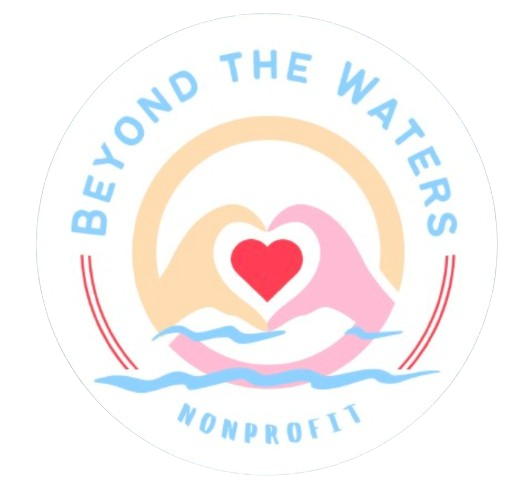The Water Crisis in Pakistan
Pakistan, located in South Asia, is a country rich in cultural heritage, historical significance, and geopolitical importance. With a population of over 220 million, Pakistan has had substantial economic and social challenges, with water shortage standing out as an important issue affecting many regions across the nation, especially Sindh, a state in Pakistan comprising many rural and poverty stricken communities.
Pakistan is known as one of the most water-stressed countries, internationally, due to increasing population growth rates, inefficient water management, and climate change. Large bodies of water that once provided an abundance for the country have started to face the effects of mankind and industrialization. For example, holding the historical value of being the cradle of the subcontinent’s most important ancient civilizations, the Indus River- which begins from the mountains of China, flows through Pakistan and India, and then empties out into the Arabian Sea- has been the Indian subcontinent’s main supply of clean water, however, it has been under a great deal of stress recently due to overexploitation for domestic, industrial, and agricultural uses.
Another environmental crisis in Pakistan which accounts for water scarcity is droughts, which have become more frequent and severe in Pakistan, affecting livestock, water availability for communities, and agricultural goods, leading to food insecurity and economic challenges, especially for rural communities dependent on agriculture. Around 47% of Pakistan's land is agricultural land, which is higher than the global percentage of 38%. Water shortages and droughts present enormous challenges to an extensive area of Pakistan's territory; productivity in agriculture suffers, resulting in lower farmer profits and food price hikes. Rice and sugarcane, for example, are water-intensive crops that put extra strain on water supplies.
A thorough analysis reveals an array of negative implications for Pakistan's economy, including reduced production of goods, rising prices for energy (particularly affecting hydropower generation), and difficulties in maintaining urban water supply, all of which disrupt daily life and economic activities. In addition, the environmental consequences are immense, including soil degradation, desertification (the transition from fertile land into arid conditions as a result of climate change and human actions), and the loss of natural water supplies. According to UNICEF, a shortage of sufficient drinking water and sanitation infrastructure in Pakistan contributes to widespread epidemics of waterborne illnesses such cholera, diarrhea, dengue, and malaria.
It is critical that we address Pakistan's water situation immediately. The Pakistan Council of Research on Water Resources predicts that by 2025, the country will face serious water shortages. Currently, just one in every five people has access to clean water, leaving the vast majority to rely on pesticide infested and sewage contaminated water. It is essential that we assist Pakistan in creating clean water infrastructure to protect people in need, particularly those communities experiencing economic hardship.
Sindh, which is home to many rural and impoverished villages, frequently lacks access to clean water sources, forcing those living there to rely on polluted water, which causes immense health problems. By building water wells, these communities can access sanitary and reliable water for drinking and hygiene, reducing the prevalence of waterborne diseases and improving overall public health.
Addressing these crises requires comprehensive strategies that focus on sustainable water management, efficient agricultural practices, infrastructure development for water storage and distribution, climate resilience measures, and community empowerment for water conservation and equitable access. International cooperation and investment in water-related projects are also crucial for mitigating the impact of water crises in Pakistan.
BeyondTheWaters is determined and adamant about helping Pakistan stand against the water shortages that continue to plague the country. This month, all of our funds will be donated to the Paani Project to help their efforts. This international nonprofit aims to build wells across Pakistan to help circulate clean water for health, agricultural, and production needs. As of this month, over 17,000 wells have been built as a result of the Paani Project’s work, with about 6.1 million dollars donated to their cause. They have created both hand pumps and deep water wells that, combined, can support up to 250 people. Our goal is to raise enough money to create one of each that will benefit and offer relief to a community; one small step at a time.
